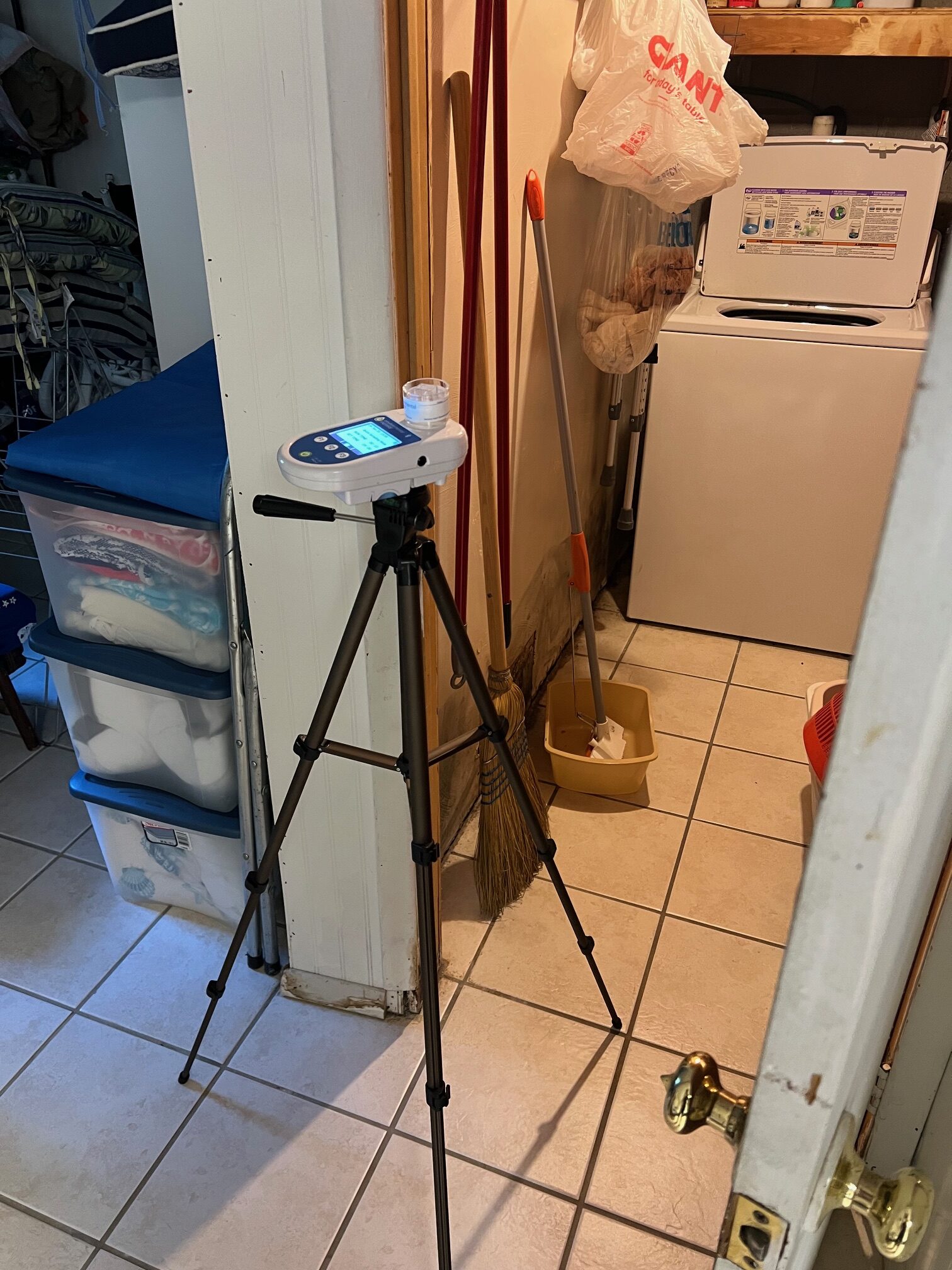Mold is more than just an eyesore – it’s a silent intruder that can significantly impact your home’s structure and your family’s health. If left unchecked, mold can lead to allergies, respiratory issues, and even chronic health conditions. That’s why professional mold testing is a critical step in maintaining a safe and healthy living environment.
What is Mold Testing?
Mold testing involves assessing your indoor environment for mold presence, identifying the type of mold, and measuring its concentration. Certified mold inspectors use advanced tools and techniques to detect hidden mold in areas like behind walls, under floors, or in HVAC systems.
Why Should You Consider Mold Testing?
- Health Concerns
Mold spores can trigger asthma, allergies, and respiratory problems. Certain molds, such as black mold (Stachybotrys chartarum), can produce toxic substances that are harmful when inhaled. - Property Protection
Mold growth can compromise the structural integrity of your home by eating away at wood, drywall, and other materials. - Accurate Identification
Professional mold testing identifies the type of mold and its source, enabling precise and effective remediation. - Prevention is Key
Routine testing helps detect mold early, preventing costly repairs and safeguarding your home.
When Should You Get Mold Testing?
- After water damage or flooding
- When you notice a musty odor
- If household members experience unexplained health symptoms
- Before buying or selling a home
What to Expect During a Mold Testing Visit
- A thorough visual inspection
- Air sampling and surface testing
- A detailed report outlining mold types, levels, and recommendations
By investing in professional mold testing, you’re not just protecting your property – you’re also ensuring peace of mind for you and your loved ones.

